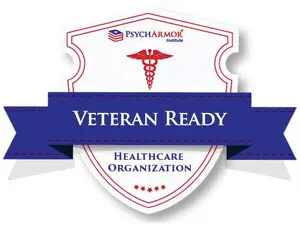Heroin Addiction | Seabrook Interventions, Heroin Detox
Heroin is another highly addictive drug that comes in many different molecular forms and is ingested in a variety of ways. Heroin is processed from morphine, which comes from the seed of the opium Asian poppy plant. It is a depressant that inhibits the central nervous system. Heroin as a substance can be difficult to pinpoint because of the different appearances that it has. Sometimes heroin is in a white powder form, which scientifically is the most pure form. Heroin can also be in a sticky black solid form, or a brownish powder which most likely means that’s it’s tainted with potentially dangerous impurities. The most unique yet dangerous characteristic of heroin is the fact that users are able to ingest it by smoking, snorting, or injecting. Tolerance quickly develops with heroin use along with intense craving and users often need more of the drug to achieve the same affects. In a much more controlled dosage, heroin historically has been used in the medical field as a pain medication much like other types of opiates, but recreational abusers have turned the drug into a dangerous potential addiction.
A range of treatments exist for heroin addiction at Seabrook and in the medical community, including medications and behavioral therapies. Science has taught us that when medication treatment is integrated with other supportive services, patients are often able to stop using heroin (or other opiates) and return to stable and productive lives. Treatment often begins with medically assisted detoxification, to help patients withdraw from the drug safely and in a supervised, comfortable setting. Medications such as clonidine and, now, buprenorphine can be used to help minimize symptoms of withdrawal. However, detoxification alone is not treatment and has not been shown to be effective in preventing relapse—it is merely the first step. Medications to help prevent relapse include: Methadone, Buprenorphine, and Naltrexone. At Seabrook we also employ a variety of behavioral therapies and treatments available for heroin addiction—usually in combination with medication. We will take a patient from intervention through treatment and focus on preventing relapse. Medications can be delivered in residential or outpatient settings like at Seabrook facilities in New Jersey and Pennsylvania, which offer heroin rehab for patients struggling with addiction.



